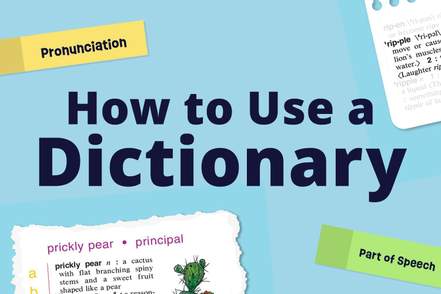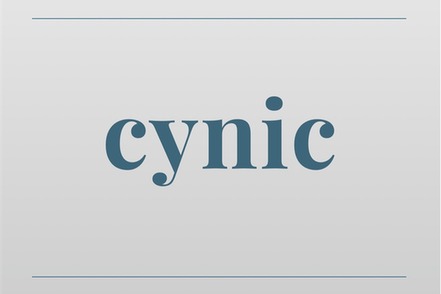English sometimes does not follow the path you expect. Like when refrigerator is shortened to fridge. Serenity Carr explains how the latter ended up spelled the way it is.
Transcript
Why is there a D in fridge but not in refrigerator? As a general rule, a G at the end of a word sounds like the G in flag and hog. Anywhere else in a word, it can sound like either gesture or forget. The G in refrigerator follows this rule. If we shortened refrigerator to fridge we're left with F-R-I-G. But wouldn't that rhyme with sprig? The spelling with a D most likely came into use because English speakers wanted it to follow the pattern of other familiar words, like bridge, ridge and smidge.











